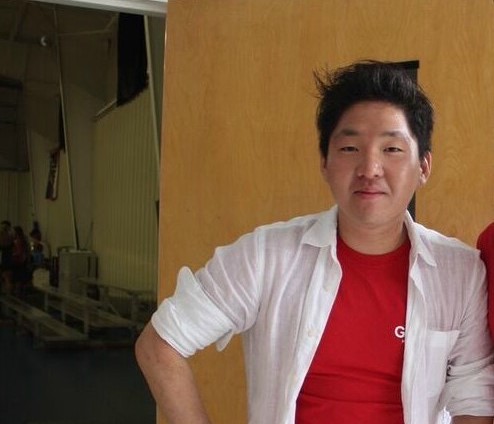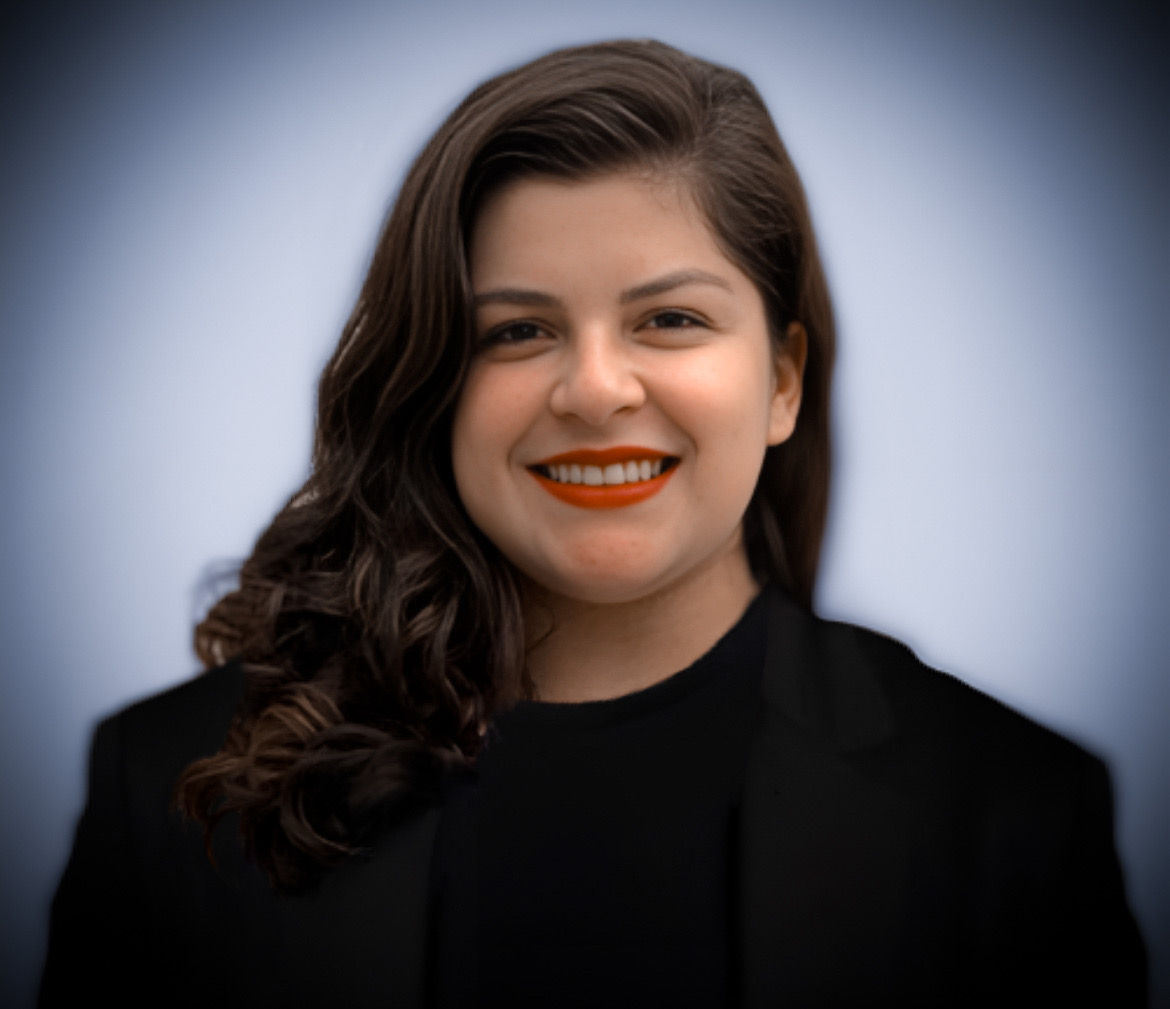
Michael Kim
2024-2025 Fellow

Lauryn M. Castro
2024-2025 Fellow
Michael Kim, M.Ed., is a fourth-year doctoral student at the University of Massachusetts Boston, specializing in early childhood education and care. His current research focuses on the integration of technology in early childhood education, with a particular interest in how robotics and Virtual Reality (VR) can enhance young students’ social development. He is currently also exploring how gaming-based learning can promote young children’s social and emotional development. As a qualitative researcher, Michael is exploring various aspects of special education technology as he navigates his dissertation. With a background as a first-grade teacher in a public school, Michael now serves as a graduate research assistant, collaborating with fellow researchers on projects related to early childhood and special education technology. In addition to his research, he teaches undergraduate courses in early childhood education and offers consultations and workshops to help students prepare for the Massachusetts Tests for Educator Licensure (MTEL). Michael is excited to be an ISET Fellow for 2024-2025, looking forward to expanding his professional network, honing his research skills, and advancing inclusive technology solutions for young children, their families, and educators.
Lauryn M. Castro, M.A. CCC-SLP, is a second-year doctoral student in Interdisciplinary Learning and Teaching specializing in Special Education at the University of Texas at San Antonio. She serves as a graduate research assistant on a project examining and piloting assistive technologies for students who are blind or visually impaired to make computer programming instruction more accessible. She is a funded scholar through the National Science Foundation’s Research on Emerging Technologies for Teaching and Learning (RETTL) program. Her research interests include leveraging artificial intelligence (AI) and machine learning models to enhance augmentative and alternative communication (AAC), cultural and identity-affirming practices, and culturally and linguistically diverse exceptional learners. She is excited to be an ISET Fellow for the 2024-2025 year and looks forward to learning more about technological advances and their impact on special education technology.
